In two separate cases today the Supreme Court declined to intervene and block changes to state election laws that had been imposed by lower courts. The cases involve North Carolina and Pennsylvania election laws. In North Carolina, the law was changed by the North Carolina Board of Elections. In Pennsylvania, the law was changed by the Pennsylvania Supreme Court.
Justice Barrett did not participate in either decision, and that is probably a factor in one of the outcomes.
But a collateral consequence of not having participated is that the way is much more clear now for Justice Barrett to participate in post-election challenges that might involve some of the very changes to state law that the Court is now allowing to take effect by not issuing an emergency stay in either case as was being sought.
This is a critical point to understand – the decisions today to not intervene are not a determination on the merits of the questions raised. For example, the Court’s decision to not intervene in the Pennsylvania case in advance of the election with regard to the 3-day extension of the ballot receipt deadline imposed by the Pennsylvania Supreme Court is NOT a decision by the Supreme Court that the new ballot receipt deadline is lawful. In fact, I expect there be litigation in the days ahead seeking orders from federal courts that ballots received after the deadline be segregated from ballot received on or before election day so that their validity can be challenged after the election if necessary. These are the fights that are likely to play out in courts across the country in November, and the cases will eventually make their way to the Supreme Court in December.
But today’s decisions, and statements filed by the various Justice, give some very clear indications of where some of the challenges are headed once election day is past.
The first case, involving a 9-day extension of the ballot-receipt deadline in North Carolina, exposes a divergence of views on the application of the Supreme Court’s Purcell principle which will need to be resolved by the Court after the election. This is a bit of a convoluted question, but I’m going to break it down the best I can.
The Purcell principle involves the Supreme Court’s admonishment to lower federal courts that they should not grant relief making changes in state election law close to an election. But lower courts — including appeals courts — have taken divergent views on what is the baseline “status quo” in terms of state law about which it is too late for a federal court to intervene. The North Carolina case is a perfect embodiment of this unresolved issue.
North Carolina had a very specific absentee ballot voting procedures written into state statutory law. In the summer of 2020, anticipating issues with increased absentee ballot voting due to COVID-19, the North Carolina General Assembly passed significant changes to the statute with regard to witness signatures, increased staffing at collection stations, an online application process, an online tracking process, and other changes to improve the state’s ability to handle an increased number of votes cast by absentee ballot. One thing the General Assembly did not change was the deadline for receiving absentee ballots. The statute provides that ballots postmarked on or before election day may be received for a period of three days after election day and still be counted.
On August 10, 2020, a lawsuit was filed in state court against the North Carolina Board of Elections challenging, among other things, the three-day period beyond election day — seeking to have that period extended to 9-days based on a claim that the US Postal Service will not be able to deliver all absentee ballots within the three-day window which might be post-marked on election day. On September 12, 2020, the Board of Elections voted to settle the lawsuit by agreeing to the extension of time for receipt of ballots from 3 days to 9 days following election day. The North Carolina state court affirmed the settlement and issued an appropriate order directing that ballots received on or before Nov. 12, if postmarked on or before Nov. 3, would be counted.
The dispute then shifted to federal court where on Sept. 26, 2020, the N.C. House Speaker Tim Moore and Senate President Pro Tempore Phil Berger brought suit against the Board of Elections and sought an injunction against enforcement of the state court’s order extending the ballot receipt deadline beyond that allowed by the North Carolina statute.
At this point, a variety of motions were filed in both federal court and state court to either enforce or enjoin the state court agreement entered into by the Board of Elections extending the ballot receipt deadline. I’m not going to attempt to describe there here, but a consequence of all the activity was that on October 19, the Agreement reached back on September 12 was allowed to go into effect, and as of that date the deadline for receipt of absentee ballots was November 12.
Litigation in the Fourth Circuit Court of Appeals then focused on the Purcell Principle, and whether it was too close to the election to permit further federal court intervention. But the question that arose was as to what was the “status quo” state law that had to be respected by federal courts. One view is that the “status quo” law to be respected and not changed is the law as written by the legislature in the statute.
But the Fourth Circuit Court of Appeals in the North Carolina case decided that the “status quo” law to be respected and not interfered with according to the Purcell principle was the settlement agreement reached by the Board of Elections on September 12, 2020, and allowed to go into effect on October 19, 2020. The Fourth Circuit declined to block the terms of the settlement agreement since it was too close in time to election day, and Purcell applied to any further efforts by federal courts to address problems.
The Supreme Court today declined to grant the relief sought by a motion to stay the Fourth Circuit’s decision — which would have rolled back the 9-day extension. So the 9-day extension in North Carolina will go into effect because the Fourth Circuit deemed that changes made by the Board of Elections to be the “status quo” law of North Carolina, and not the text of the statute passed by the North Carolina General Assembly.
Justices Roberts and Kavanaugh joined with the three liberals voting to not intervene. Justice Roberts has already indicated a reluctance to have federal courts get involved in second-guessing state court decisions on state election law. Justice Kavanaugh has been very outspoken about the application of Purcell to these late election law changes.
The real news, however, is that Justice Gorsuch wrote a dissent pointing out that just a few days ago the Court upheld the decision of the Seventh Circuit Court of Appeals when it did exactly the opposite of what the Fourth Circuit did –striking down a longer extension of the ballot-receipt deadline which was written into Wisconsin election statutes.
But, most significantly, Justice Gorsuch echoed a view expressed by Justice Kavanaugh last week on the issue of what’s called the “independent state legislature” doctrine reflected in Article II, Sec. 1, Cl. 2 of the Constitution, which states that the manner in which electors are chosen is to be determined by state legislatures. The three dissenting judges in the Fourth Circuit had addressed this issue at some length in expressing their view that the Board of Elections acted beyond its authority in establishing the 9-day extension. Justice Gorsuch did not dwell on the issue in great detail, as the Board of Elections is a state agency that is given some delegated authority by statue, so the issue is not quite as clear on the record of that case whether the Board of Elections’ actions might fall within the “legislature” authority of the “Elections Clause” of the Constitution.
In a case that has been more closely watched, the Court also declined today revisit its decision last week to not intervene regarding the decision by the Pennsylvania Supreme Court to extend that state’s ballot receipt deadline — set by statute as election day — for an addition three-day period. Last week the Court had declined to intervene by a 4-4 decision, with Chief Justice Roberts joining the three liberals and expressing his view that the Pennsylvania Supreme Court should have the final say on matters of Pennsylvania election law.
But in today’s decision, Justice Alito added his voice to the chorus on the issue of the “independent state legislature” and the Elections Clause of the Constitution.
“The provisions of the Federal Constitution conferring on state legislatures, not state courts, the authority to make rules governing federal elections would be meaningless if a state court could override the rules adopted by the legislature simply by claiming that a state constitutional provision gave the courts the authority to make whatever rules it thought appropriate for the conduct of a fair election.”
That means four Justices have now gone on record questioning the authority of state courts to use a state’s constitutional protection for voting rights to make changes to state statutes that set forth election laws. Justice Barrett, who has not participated but is a “textualist” will likely be the deciding vote on the question when the merits of these cases are heard and determined by the Court — may be as soon as December.
As I said at the outset, these decisions today do not mean the Court has made a judgment that the ballot receipt extensions are lawful. Since ballots are going to be accepted while the question of their compliance with state law remains unresolved, I expect we will see significant litigation in the days ahead to require that ballots collected during these disputed periods be segregated and not included in the final vote totals until the challenges are resolved.


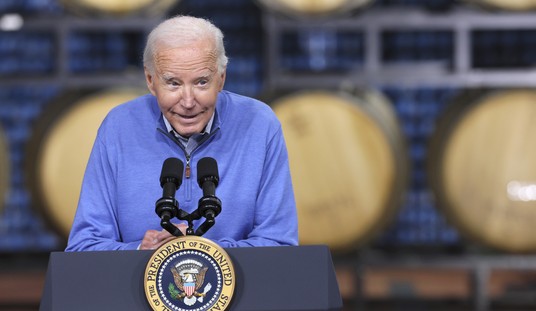
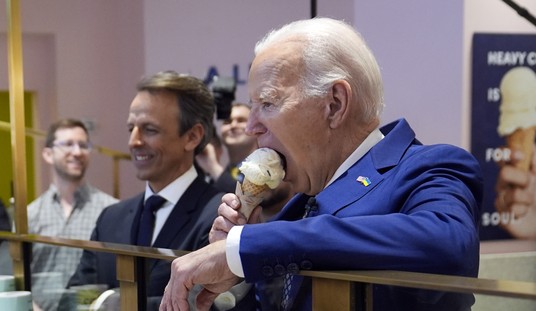

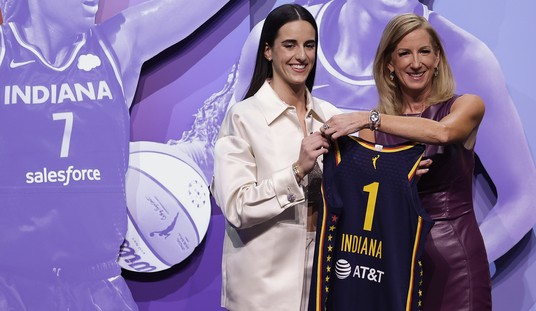
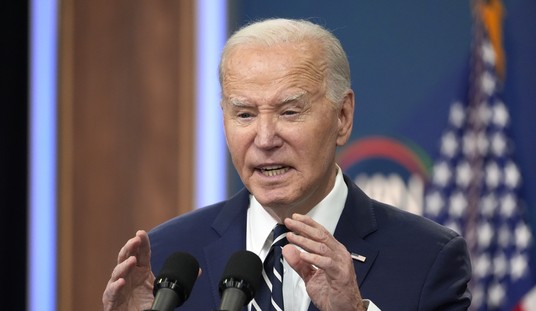
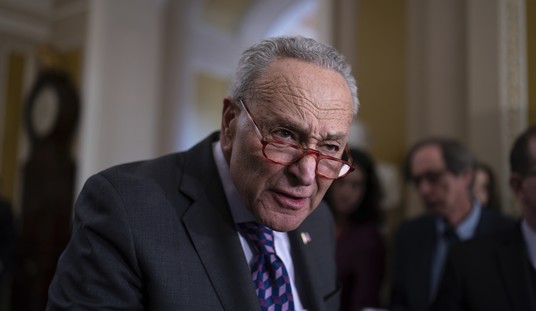

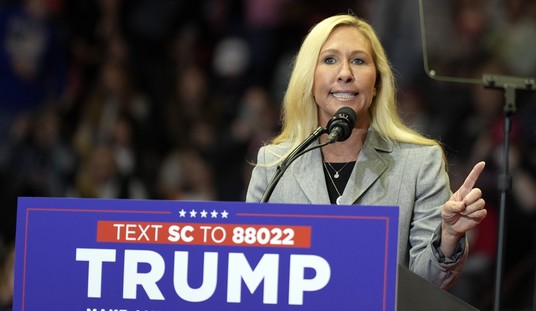


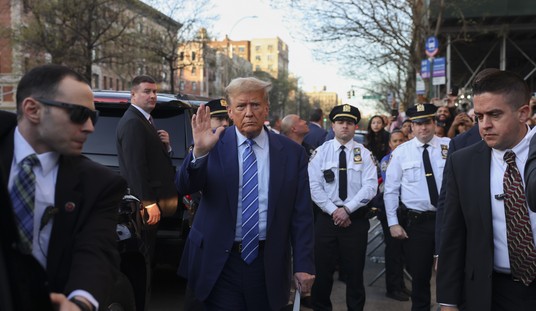
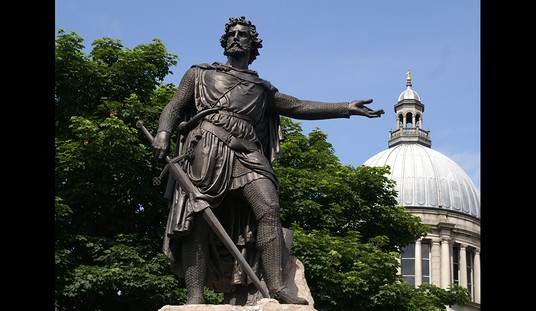

Join the conversation as a VIP Member